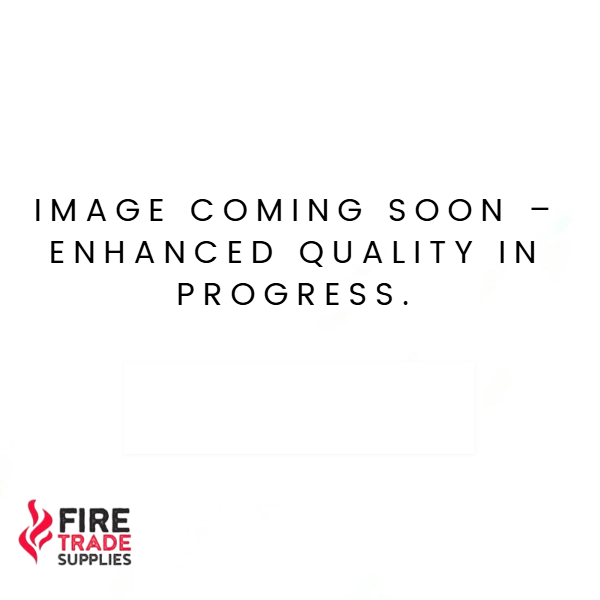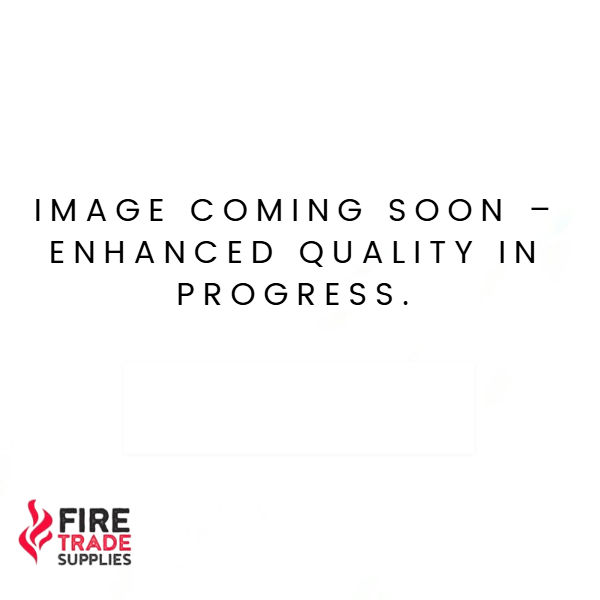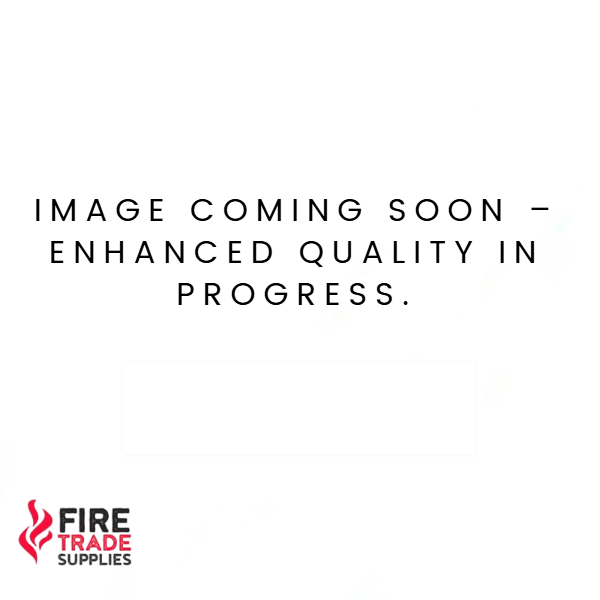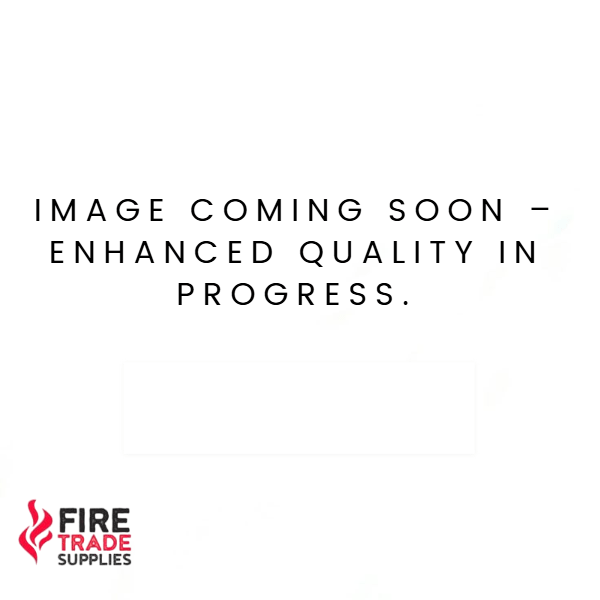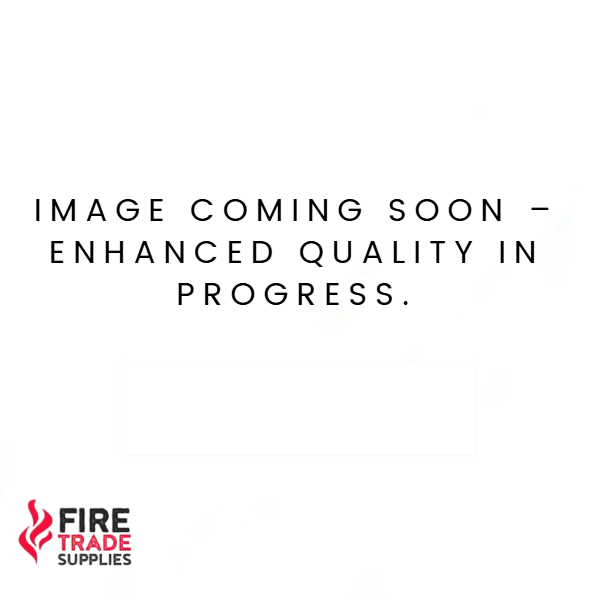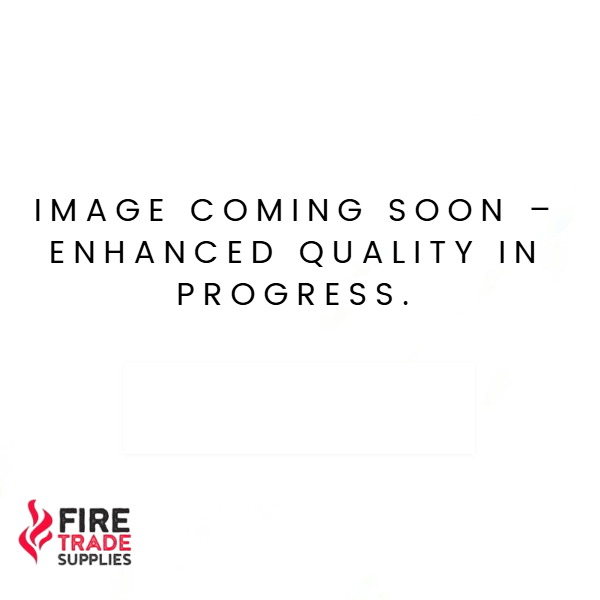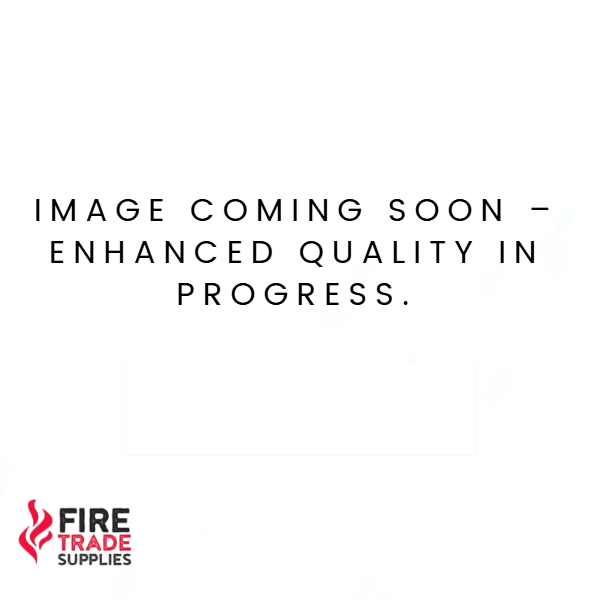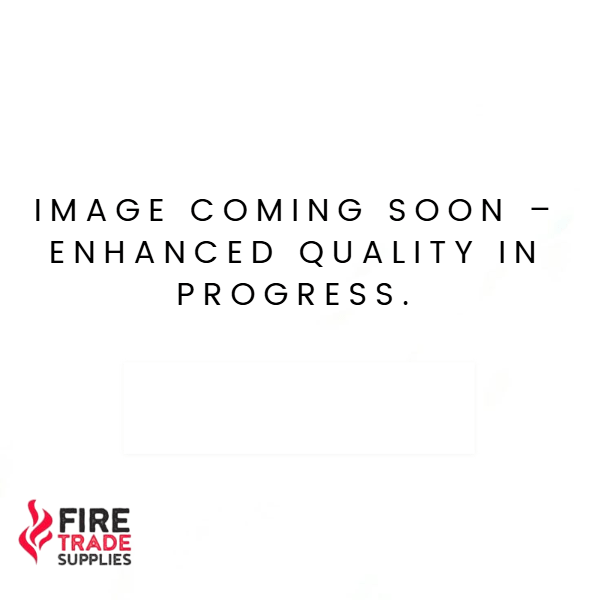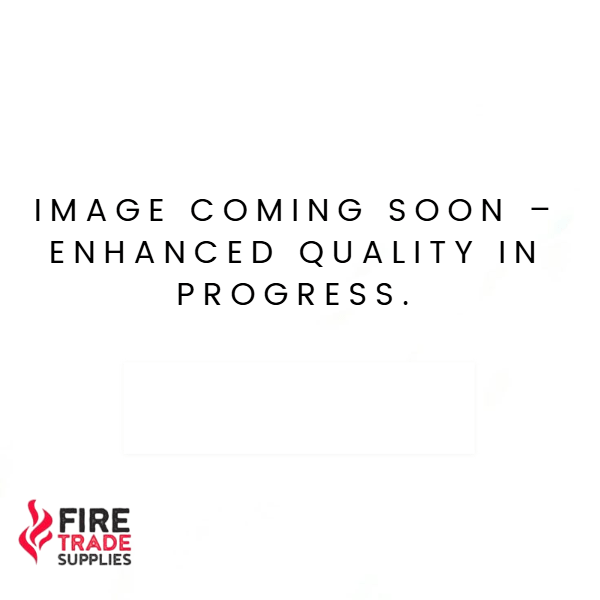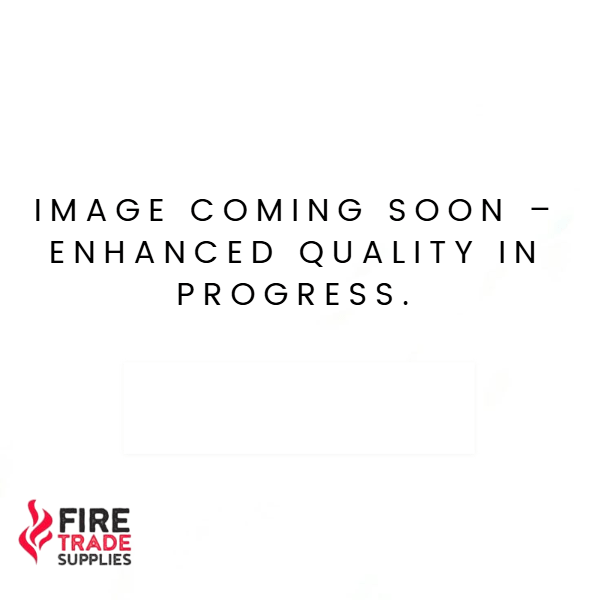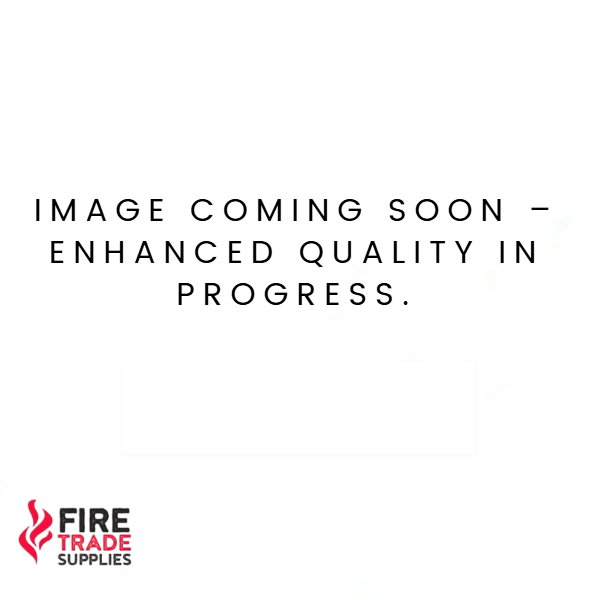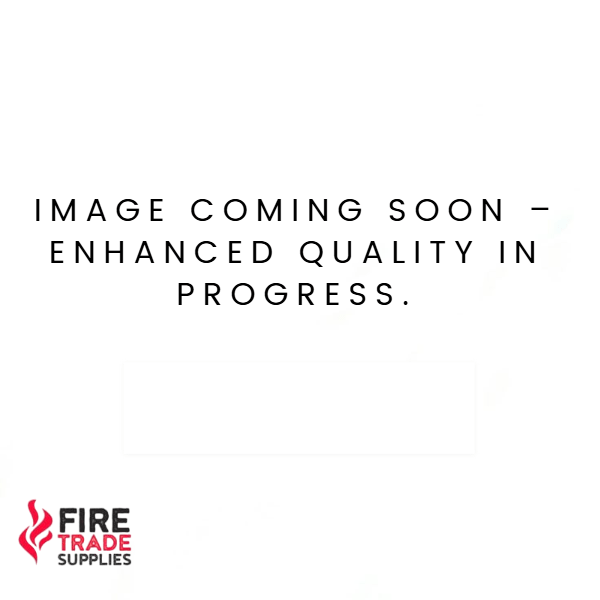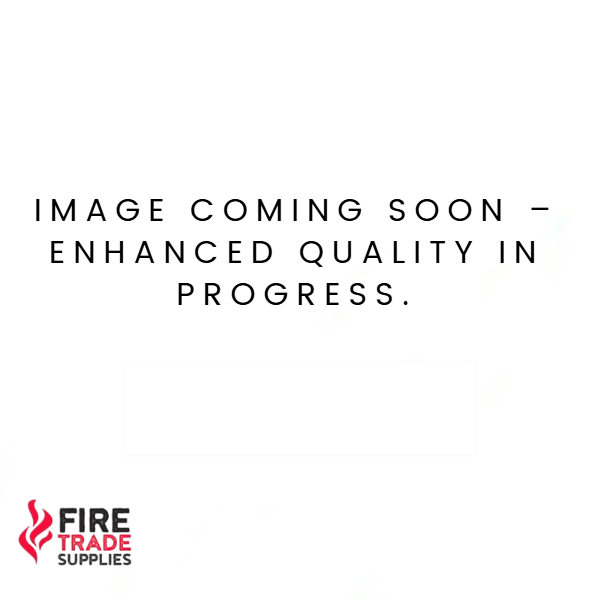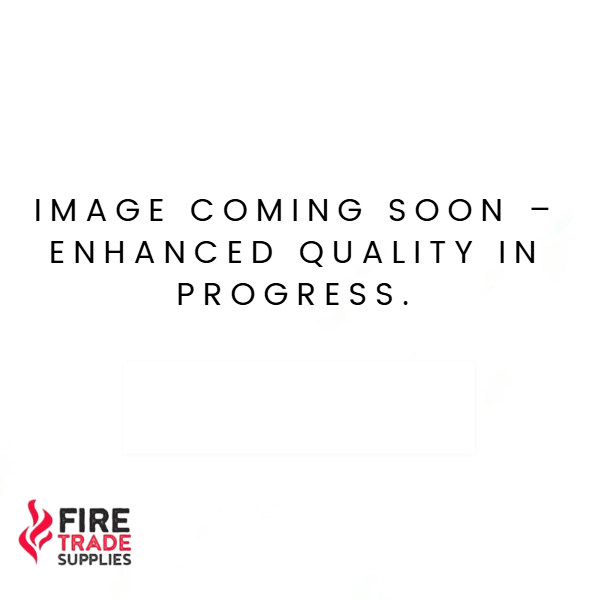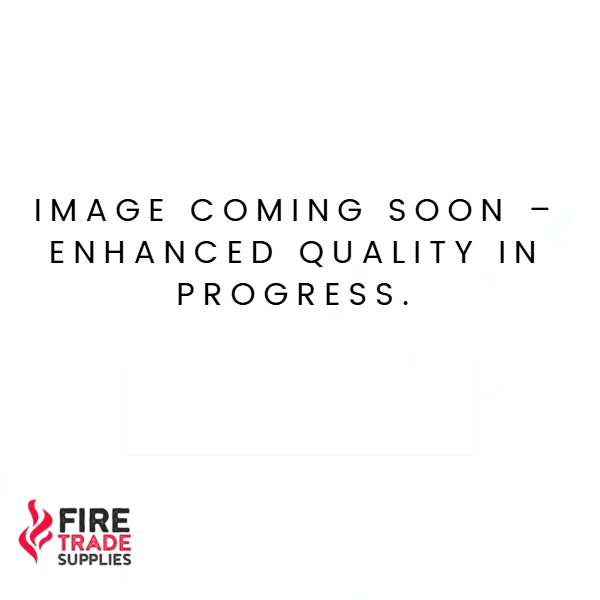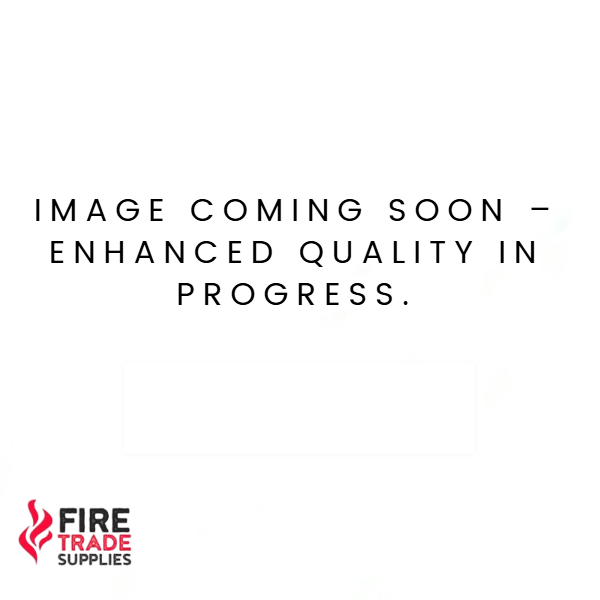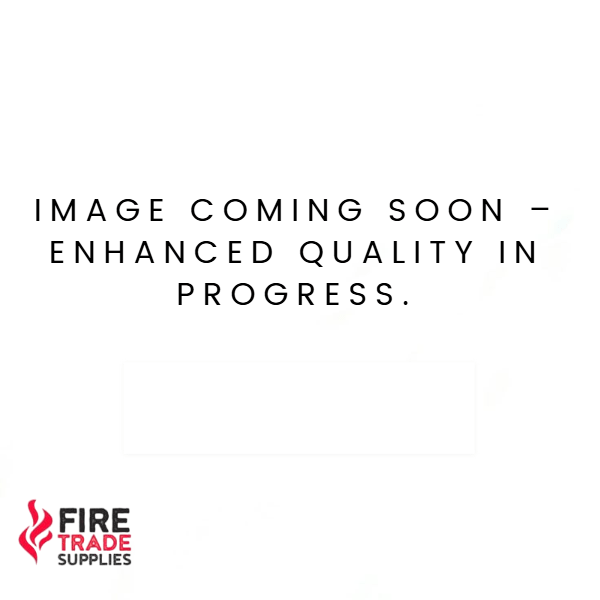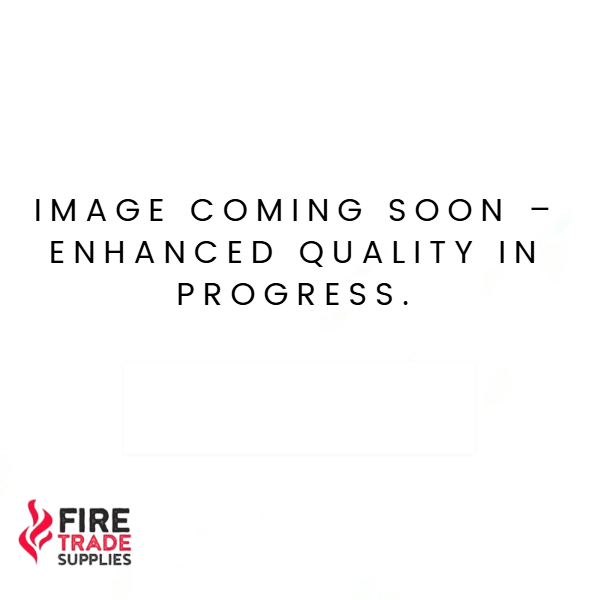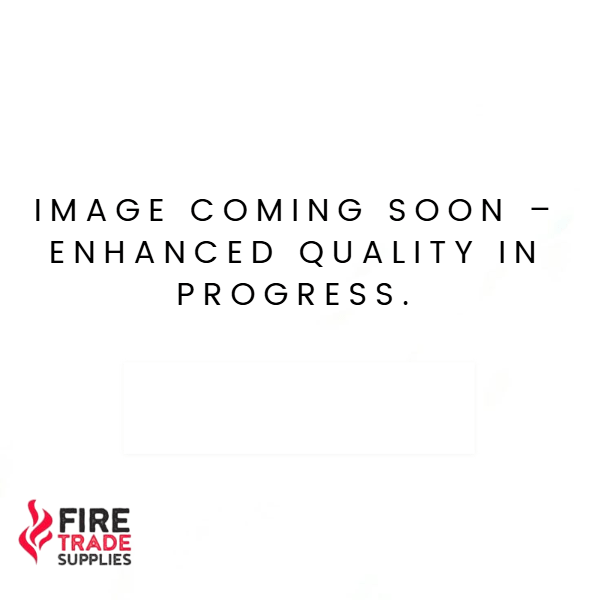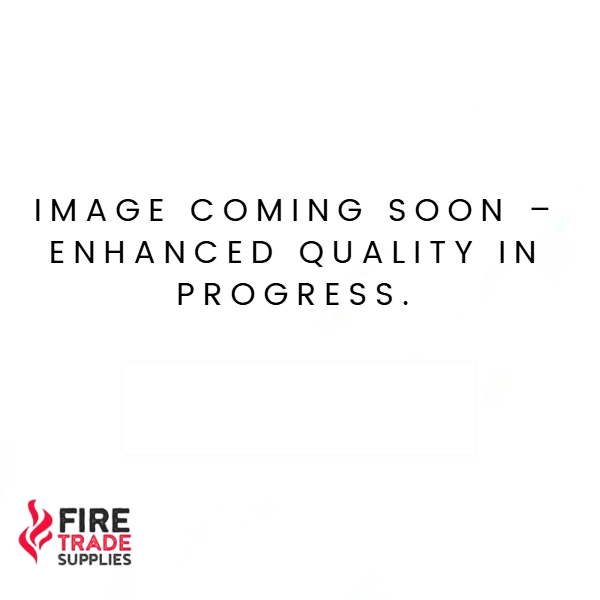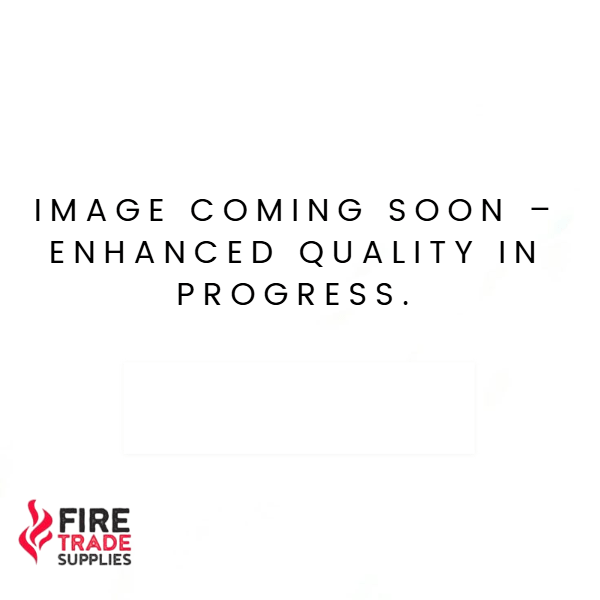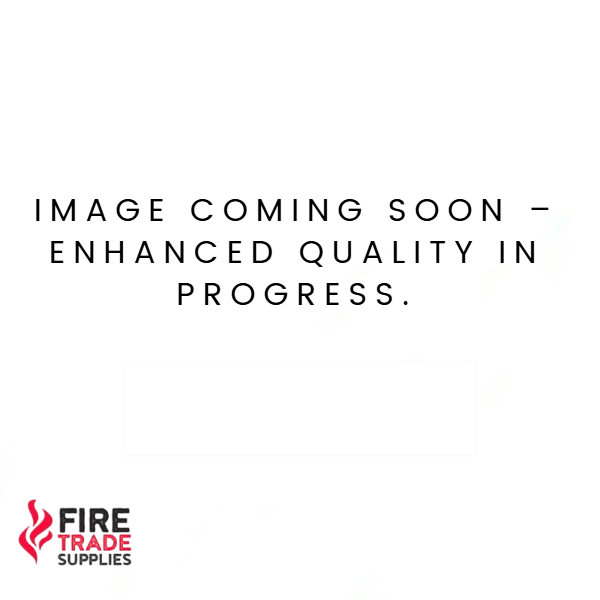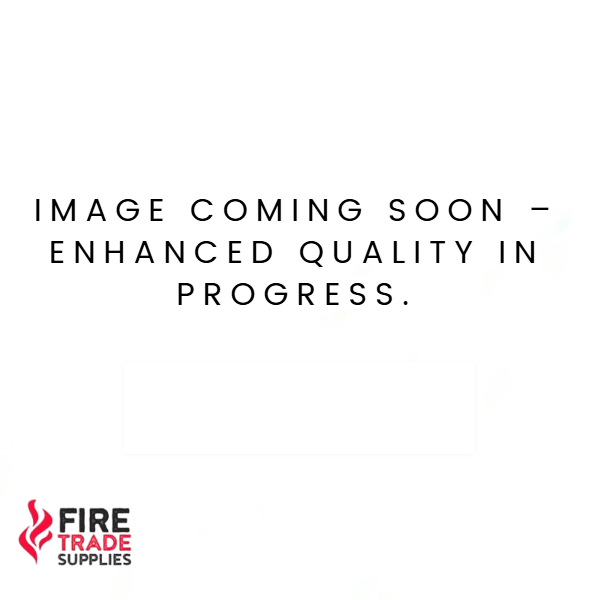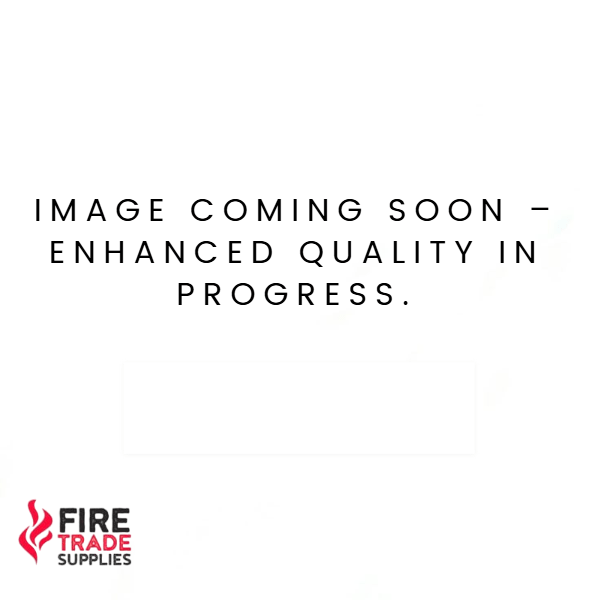
Hochiki Conventional
58 products
Showing 1 - 24 of 58 products
The Unmatched Quality of Hochiki Conventional Detectors
At Fire Trade Supplies, we pride ourselves on being at the forefront of safety. As specialists in manufacturing, design, and full batch production, we also offer a comprehensive range of surface finishes, treatments, and even laser marking. With our diligent stock management, kanban, and global delivery services, we ensure top-tier products and seamless service. Our star performer in safety and reliability? The Hochiki Conventional Detector range.
As experts in fire safety solutions, we understand the significance of a reliable and sensitive fire detection system. That's where Hochiki Conventional Detectors come into play.
A Multitude of Options for Fire Safety
What sets Hochiki apart is the range of solutions it offers. From conventional smoke detectors to heat and multi-criteria detectors, the comprehensive suite of Hochiki products ensures a dependable safety network.
Remember: Every installation is unique. Choose the correct detector type for the environment to prevent false alarms and ensure optimum protection.
Uncompromised Compatibility
One of the shining features of Hochiki Conventional Detectors is their suitability for use with non-addressable or conventional fire alarm panels. This flexibility allows for a comprehensive and secure system, ideal for any building or installation.
Easy to Access, Easier to Contact
Interested in securing your premises with Hochiki Conventional Detectors? Our team is ready to assist you in finding the best fit for your needs. Visit our website to explore our Hochiki Fire Alarm collection or contact us directly for more information.
To sum up, whether you're looking for a simple smoke detector or a complex heat detector, our range of Hochiki Conventional Detectors won't let you down. Paired with our professional services and globally recognized delivery systems, Fire Trade Supplies is your ultimate partner for all fire safety needs. Let's make safety a priority, together.
Remember to always stay safe and prepared!
Contact us today to learn more about our Hochiki Conventional Detector range.
Frequently Asked Questions
Here, we've compiled a list of frequently asked questions about the Hochiki Conventional Detector range and fire alarm systems in general. We hope these answers will clear up any confusion and give you the information you need!
Q1: Is Hochiki proprietary? A1: No, Hochiki products are non-proprietary. This means you can integrate them into a variety of systems, ensuring a broad range of compatibility and flexibility.
Q2: What is the Hochiki protocol? A2: The Hochiki protocol is a communication standard used by Hochiki fire alarm systems to relay information between devices and control panels. It is recognized for its reliability and efficiency.
Q3: What are the modes of Hochiki multi-sensor? A3: Hochiki multi-sensors typically have two primary modes: heat detection and smoke detection. They can operate in either mode independently or combined, providing a more versatile and effective detection system.
Q4: What is the difference between conventional and addressable fire alarm? A4: Conventional fire alarms identify the zone of a triggered detector, but cannot specify the exact device. In contrast, addressable fire alarms can identify the specific device that triggered the alarm, providing more precise and quick response times.
Q5: Can I use a conventional detector on an addressable panel? A5: No, conventional detectors and addressable panels use different communication protocols and are not interchangeable.
Q6: What are the 3 main types of fire alarm? A6: The three main types of fire alarm systems are conventional, addressable, and wireless. Each system has its advantages and is suited to different types of buildings and environments.
Q7: What is the main drawback of conventional fire alarm system? A7: The main drawback of a conventional fire alarm system is its lack of specific location identification. It can only indicate the general zone of an activated device, which can lead to slower response times in larger buildings.
Q8: What are the disadvantages of conventional fire alarm system? A8: In addition to slower response times, conventional systems may require more wiring than addressable systems and can be more challenging to install and maintain in large facilities.
Q9: What are the advantages of a conventional fire alarm system? A9: Conventional fire alarm systems are simple to install and operate, and they are typically more affordable than addressable systems. They're often ideal for smaller buildings where pinpointing the exact location of a fire is less critical.
Q10: What are the 2 types of fire alarm systems? A10: The two primary types of fire alarm systems are conventional and addressable. Conventional systems are suited to smaller buildings, while addressable systems provide precise location information and are better for larger facilities.
Q11: How many devices can be on a conventional fire alarm system? A11: The number of devices on a conventional system varies based on the control panel and wiring capacity. However, each zone can typically accommodate up to 20 devices.
Q12: What are the 4 types of fire alarms? A12: The four primary types of fire alarms are conventional, addressable, analogue addressable, and wireless systems. Each has its own set of features suited to different building types and requirements.
Q13: What are the 4 types of fire detectors? A13: The four types of fire detectors are
